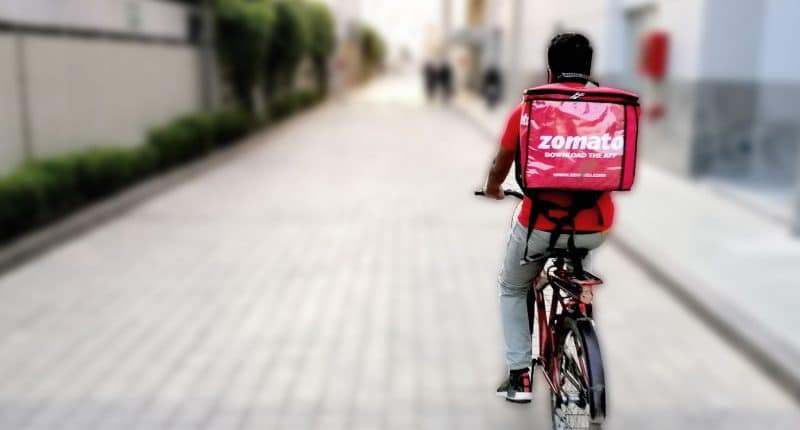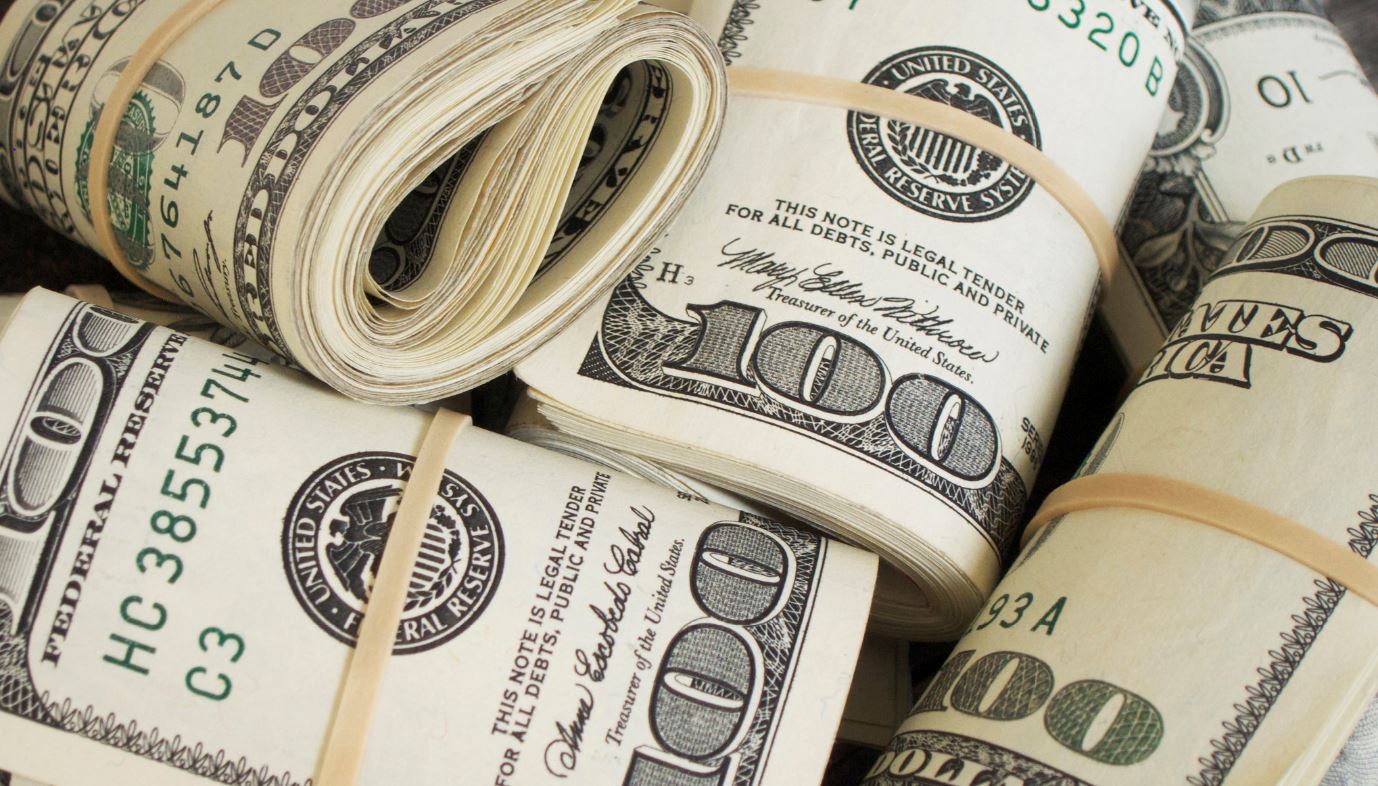Home-grown food delivery startup Zomato is gearing up for its Initial Public Offering this week, and news has it that it has just raised a sum of $562.3 million, ahead of its stock market debut.
According to stock exchanges data, the unicorn-certified platform which was founded by Deepinder Goyal, has already managed to secure some 45% of the $1.3 billion that it is hoping to raise. A number of investors have participated in the fundraiser, including giants like Tiger Global Management, New World, Canada Pension Plan, T. Rowe Price, Steadview, Mirae Asset, Fidelity, Government of Singapore, and Baillie Gifford.
Interestingly, all these investors have subscribed the shares at Zomato at $1 apiece, which happens to cap of the share price range. This could mean an implied valuation of as high as $8.6 billion, significantly higher than the $5.4 billion from earlier this year. Another deduction that can be made is that investors are quite confident about the IPO initiative. The public share sale will be held between Wednesday to Friday this week.
Company executives hold that the food aggregation platform will continue to focus on India, and will also venture into the grocery delivery zone.
The 12-year old Gurgaon-based firm has also added that instead of seeing Amazon as a rival, it believes that its chief competitor in India happens to be fellow food aggregation service Swiggy, which is backed by SoftBank Vision Fund 2, and Prosus Ventures. With search and discovery enabled in almost 12 markets, Zomato has made a name for itself, becoming the second-largest internet market in the world. As such, it seems to be no surprise that Amazon, which just entered the food delivery sphere last year, and is still confined only to Bengaluru, doesn’t pose an immediate threat to its market. Zomato’s Chief Financial Officer said during a press conference, “There’s no major impact on market share from Amazon so far.”
Nevertheless, last year has not been all sweet and happy. As restaurants were forced to shut down amid the pandemic, revenues at the food aggregator fell by 23% to hit $283 million in the last fiscal year that ended in March. At the same time, though, losses went down 66% as well, hitting $110 million.
The Tech Portal is published by Blue Box Media Private Limited. Our investors have no influence over our reporting. Read our full Ownership and Funding Disclosure →






